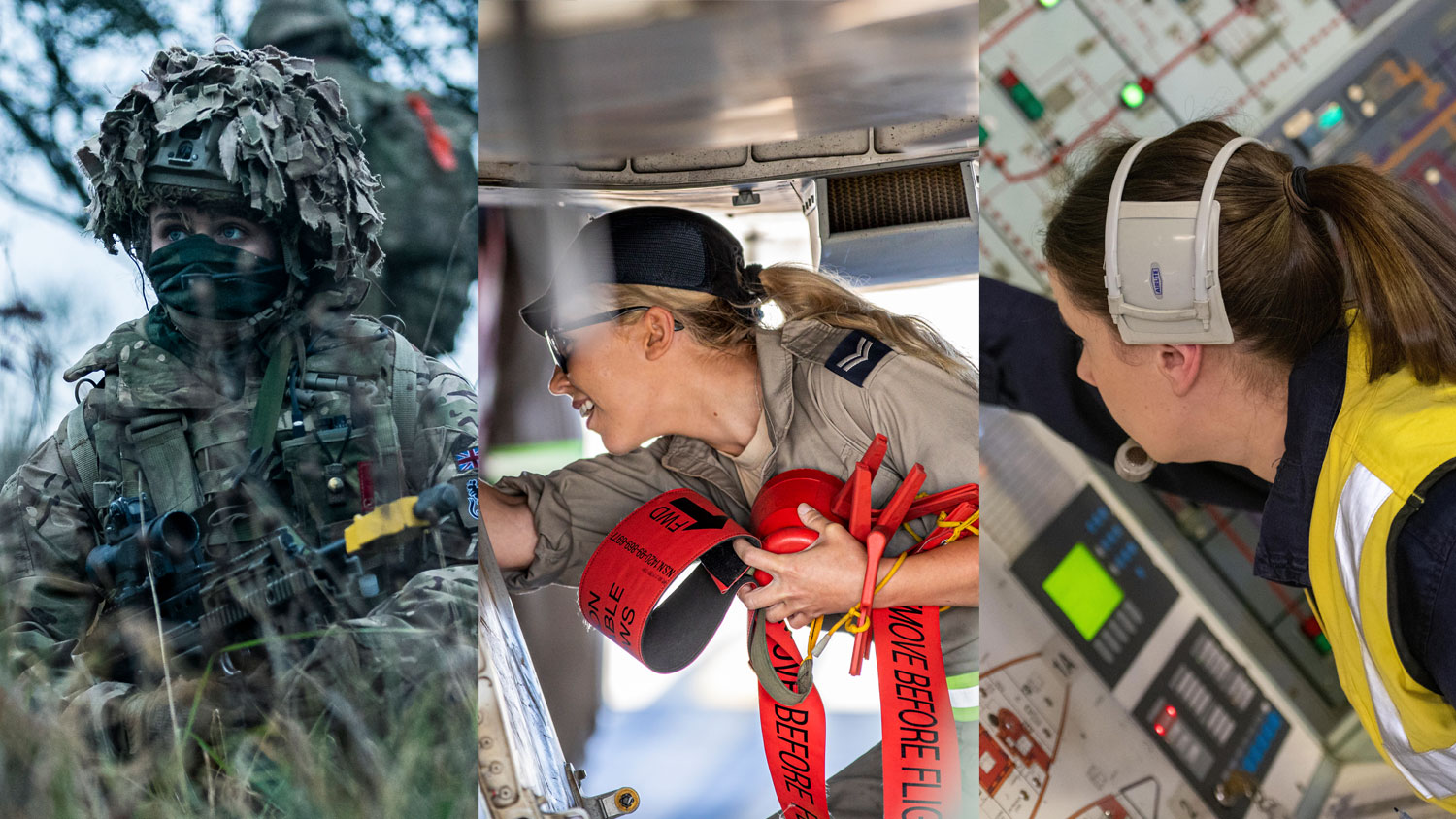
Transition to civilian life tougher for female veterans, charity study shows

Female members of the forces community face more employment challenges than men, new research has revealed
Recent research conducted by the Forces Employment Charity has uncovered stark disparities in employment outcomes between men and women post-service, with women being more than twice as likely to be economically inactive and facing significant barriers to employment.
Research states that women are 20% more likely to be out of work post-service compared with 9% for male veterans.
Female veterans suggest their biggest barrier to finding civilian work is recognising their own transferable skills they have to offer, the research revealed with 62% of female ex-Forces commented that they sometimes underestimated the skills they developed during their military career, compared to only 56% of male veterans.
Further findings show that women are also more likely to deselect themselves from roles they could be suitable for. This is also reflected in wider employment, not just among veterans.
Figures show 72% of female veterans said they had found their transition to ‘civvy street’ harder than they expected it to be, compared with 63% of men.
When female partners and spouses of serving personnel were asked, 1 in 6 stated that the impact on their career was the hardest thing about being in the Forces community, with the top barrier to employment being frequent house moves (25%), closely followed by not having close networks nearby (22%).
Female partners were also significantly less optimistic about their employment opportunities, with only 20% of women stating that they thought things were improving for military partners, compared to 36% of male partners.
"We have known for some time that female veterans face additional challenges in finding employment and this new research bears this out," said Alistair Halliday, Chief Executive at the Forces Employment Charity.
"We need to improve our support for the female members of the Forces community, whether that be those who have served, or those whose partners are members of the Military, so that employers can benefit from harnessing the talents of this remarkable group," he said.
To ensure that female members of the military community are sufficiently supported to succeed, the Forces Employment Charity is holding its annual Women into Employment Event (WIE24).
Chaired by Forces News reporter, Sian Grzeszczyk, this year's event focuses on helping women to recognise their worth and harness their full potential.
It also offers valuable and unique access to employment opportunities from across a variety of industries, with companies that recognise the talent the military community has to offer.









